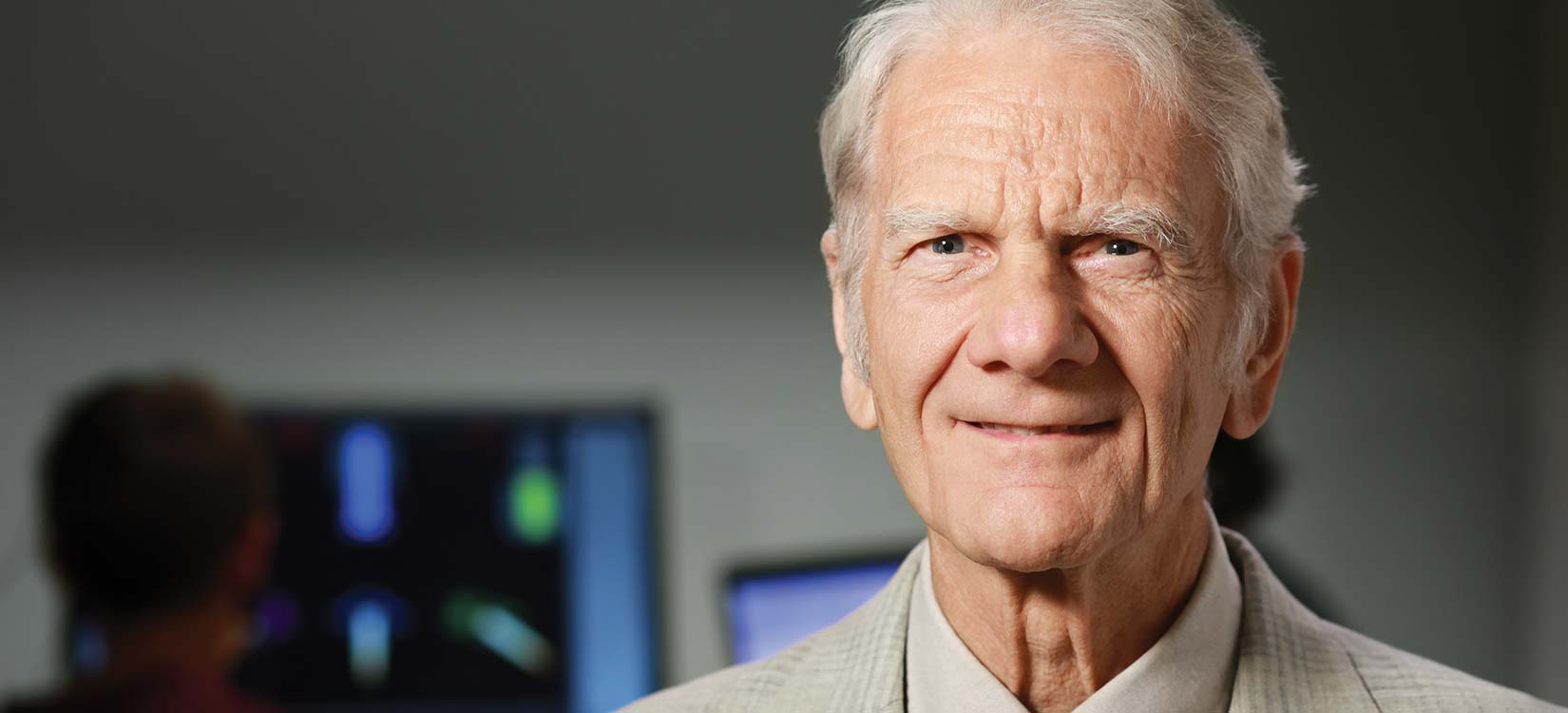Assessing alternative treatments for autism and ADHD
 "Neurofeedback could be a beneficial treatment option for children with ADHD," says Gene Arnold, MD, MEd, professor emeritus of Psychiatry and Behavioral Health at Ohio State.
"Neurofeedback could be a beneficial treatment option for children with ADHD," says Gene Arnold, MD, MEd, professor emeritus of Psychiatry and Behavioral Health at Ohio State.
Dr. Arnold is conducting a double-blind, placebo-controlled clinical trial in children with ADHD. The study is the first to use technology developed by Howard Lightstone of EEG Software LLC which allows for double-blind studies. The technology isolates EEG muscle artifacts from patients receiving real neurofeedback and superimposes it onto study participants’ muscle artifact in real time during fake neurofeedback sessions.
"By using a double-blind comparison treatment, we should be able to control for the placebo response and hopefully settle some of the uncertainty surrounding neurofeedback," says Dr. Arnold. His research is part of the International Collaborative ADHD Neurofeedback (ICAN) study.
"Neurofeedback might become cost-effective and safer option compared to medication, if there is an enduring specific effect, as our preliminary data suggests. And this treatment has the added benefit of minimizing patient exposure to the troublesome side effects of medication," Dr. Arnold says.
In addition, Dr. Arnold will be launching a study examining whether essential oils have anxiolytic effects in young patients with autism. The three-month study will compare whether inhalation or topical oil administration shows more benefits. As with neurofeedback, essential oil based therapies have the potential to improve quality of life for children with autism and avoid drug-related side effects.
"If essential oils and neurofeedback can be shown to be effective, they will be welcome additions to our treatment options," says Dr. Arnold.

